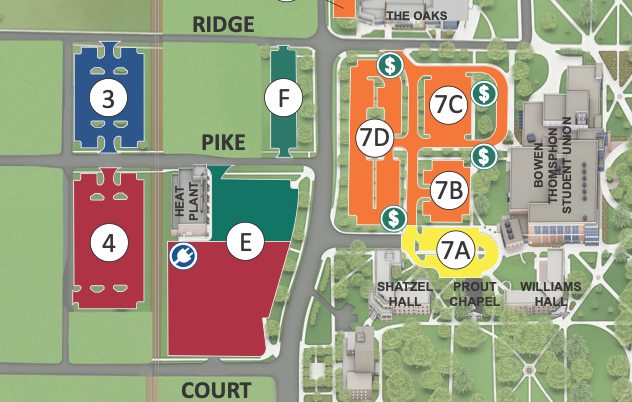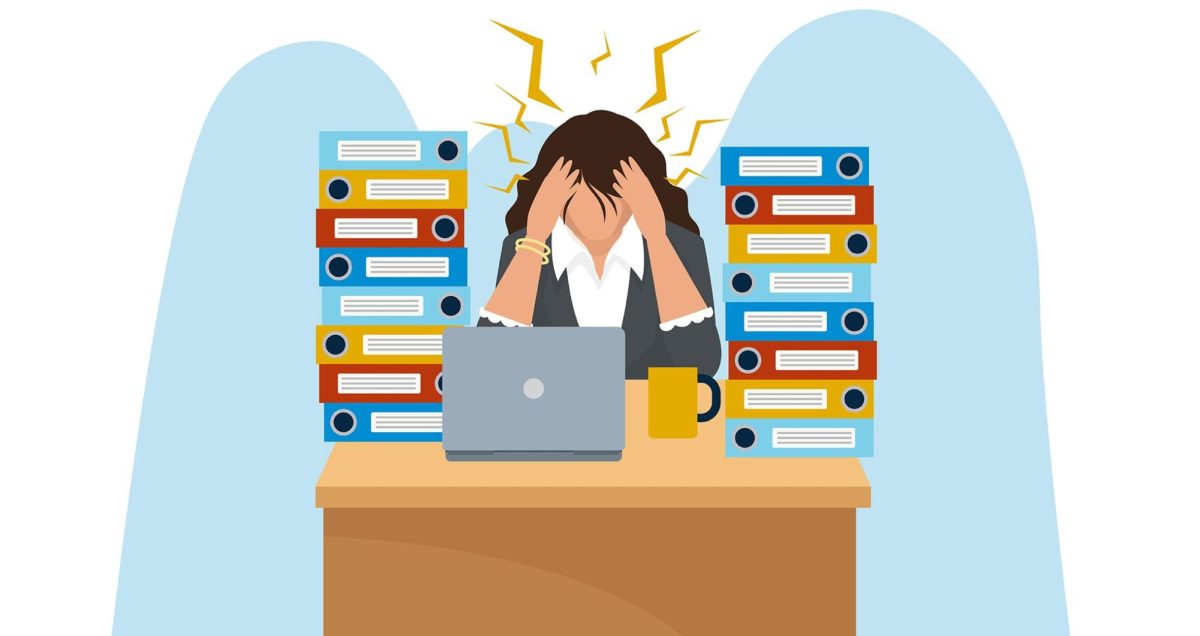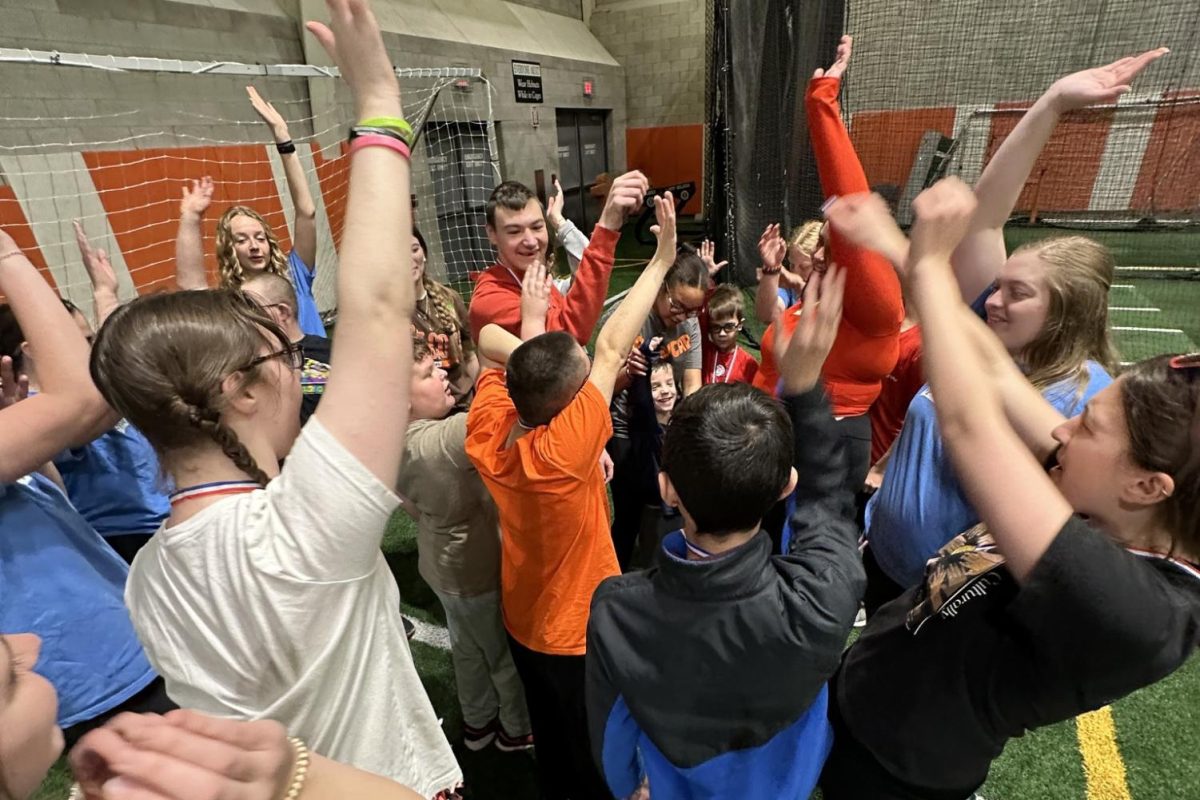Although yoga may have been practiced for hundreds of years as a spiritual and ascetic discipline, some of the new wave of yoga practitioners are using yoga as a coping mechanism to deal with mental illnesses.
In a recent study published in the Journal of Alternative and Complementary Medicine, researchers looked at brain scans of people practicing yoga and found boosted levels of the neurotransmitter gamma-aminobutyric [GABA]. Low levels of GABA are linked to depression and anxiety.
Recently, there has been no shortage for cases of depression and anxiety, especially among college students.
In 2013, the American Psychological Association had college counseling center directors respond to a survey that asked about the growing numbers of college students dealing with mental health issues.
Of the illnesses addressed in the survey, anxiety topped the list, with 41.6 percent of students. Depression followed closely at 36.4 percent of students.
With the high numbers of students suffering from mental illnesses, students are looking for ways to deal with their anxiety and depression.
Some are noticing the link between yoga and mental health and are using yoga as a way to help deal with their anxiety.
Nicole Hagloch, a sophomore inclusive early childhood education student at Bowling Green State University, attends weekly yoga classes at the Student Recreation Center [SRC].
She attends to help deal with the stress and anxiety of her coursework, extracurricular activities and work.
“I only went a few times last year but this year I’m realizing how much of a stress reliever it is,” Hagloch said. “All day for me is go go go . . . and I have been non-stop, so going to yoga is a calm peaceful time to just let me focus on myself.”
Hagloch’s yoga class is 45 minutes set aside from her busy schedule. When the rest of her day is consumed with projects and assignments, deadlines and meetings, yoga helps her handle her anxiety and stress.
The SRC at the University offers two weekly yoga classes; 12:25 to 1:30 p.m. on Fridays in Studio A and 6:15 until 7:00 p.m. on Sundays in Studio B.
Hayley Ruff, a junior neuroscience student, teaches yoga at the SRC. She said many students attend as a way to decompress and release built-up tension and anxiety.
“When you are anxious and stressed, it’s often because you get caught up in your own head and keep going around and around and can’t get out,” Ruff said. “Because it’s focused on the breath and uses the whole body, students use it to relax.”
Students need a group exercise membership pass to attend yoga classes at the SRC. All passes are 50 percent off from now until the end of the semester and can be purchased at the welcome desk at the SRC. From now until Thanksgiving, students can bring in a non-perishable food item and attend a class for free.
However, other yoga classes are also available to students.
Caroline Dawson, certified mindfulness and yoga Instructor, facilitates yoga classes in the Women’s Center in 107 Hanna Hall at BGSU.
The “Come as You Are” yoga class is held on Monday from 12:10 to 12:50 pm and is free to all.
Yoga has been a part of Dawson’s life since she was a child, practicing yoga with her mom as a four-year-old. Now she is an instructor with more than twenty years of experience teaching yoga.
She said she has seen yoga help people manage stress, anxiety and depression and generally improves her students’ moods.
Dawson admits yoga may not be for everyone. Some people are not able to relax and focus, making yoga an uncomfortable and awkward experience. Additionally, some mental illnesses are too severe for yoga to be the only treatment or coping mechanism.
However, Dawson said one of the most valuable qualities of yoga is its ability to be modified to fit different groups of people.
“There is so much that you can modify to fit everyone, but it’s all about choosing the right class,” she said.
She has seen the benefits yoga presents all different types of people, including amputees, women who are pregnant, geriatrics, cancer patients, people suffering from autoimmune diseases and even bed-ridden patients.
Teaching the class at the Women’s Center has showed Dawson how yoga benefits the mental health of students as well.
“Yoga is everything. It’s the meditation and the breathing and it’s the physical stretching and expanding and movement of the body. All those things effect how the mind perceives things. It can definitely help with depression and anxiety.”
She said she’s had students in the past approach her with stories about dealing with depression and anxiety, and for them, yoga has been a tool to help cope with and work through their mental illnesses.
Even if you don’t suffer from depression or anxiety, Dawson said yoga is still a great mental tool for all students.
“Yoga is all about mind body awareness. It balances the left and right side of the brain, and especially if you’re a student, you want to unite the left and right side thinking,” Dawson said.
Becoming aware of your body is imperative to combating mental illnesses with yoga and is important to Dawson as well.
“I couldn’t imagine living my life without yoga,” Dawson said. “It can balance you, and at the end of the day, it’s about mastering the mind and your emotions so that you can center yourself.”



















